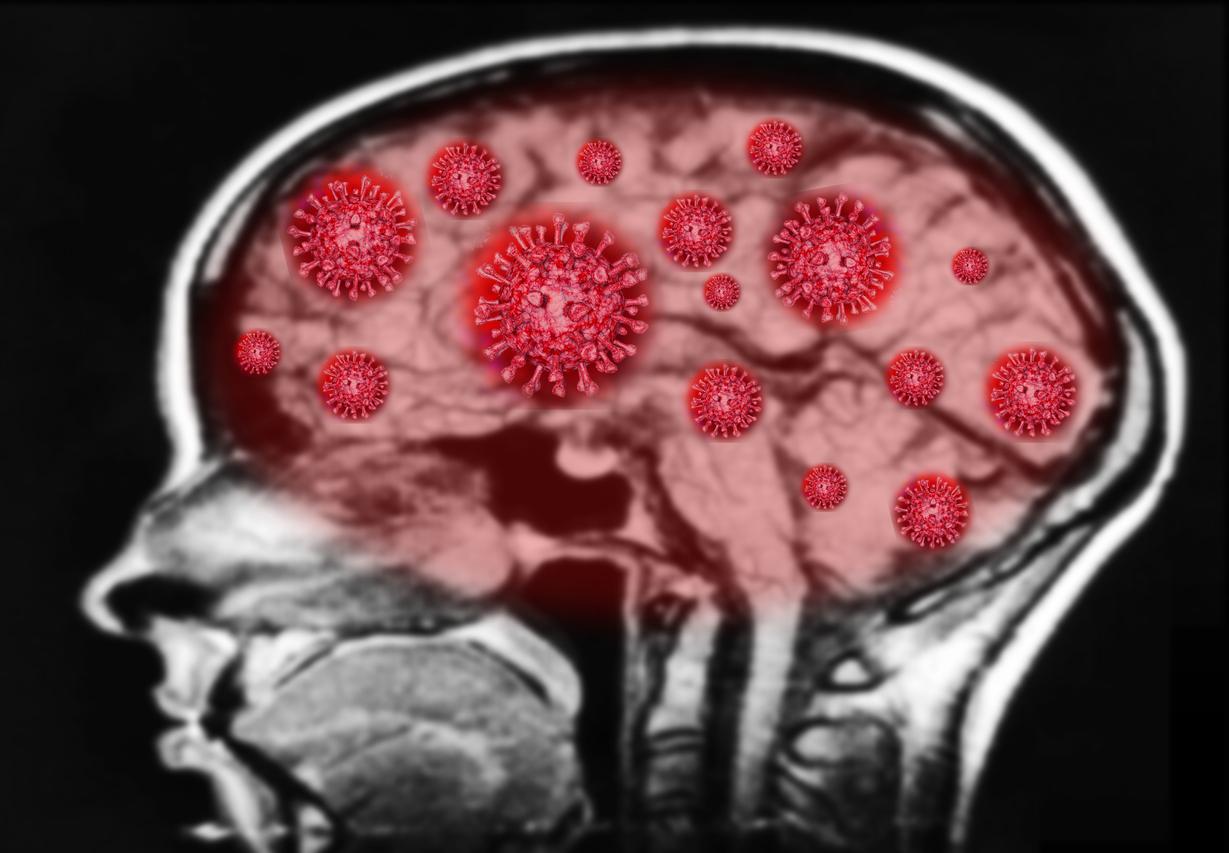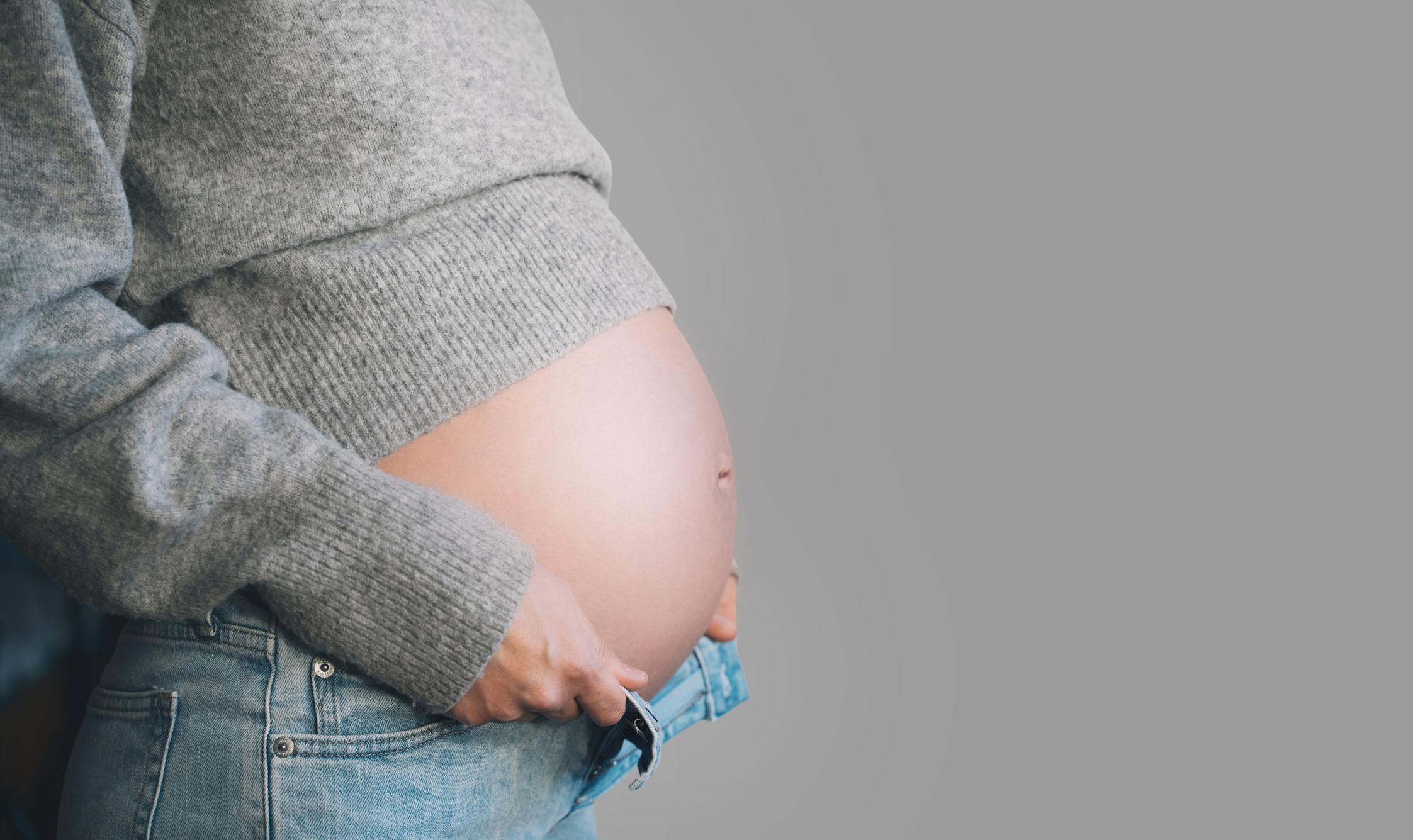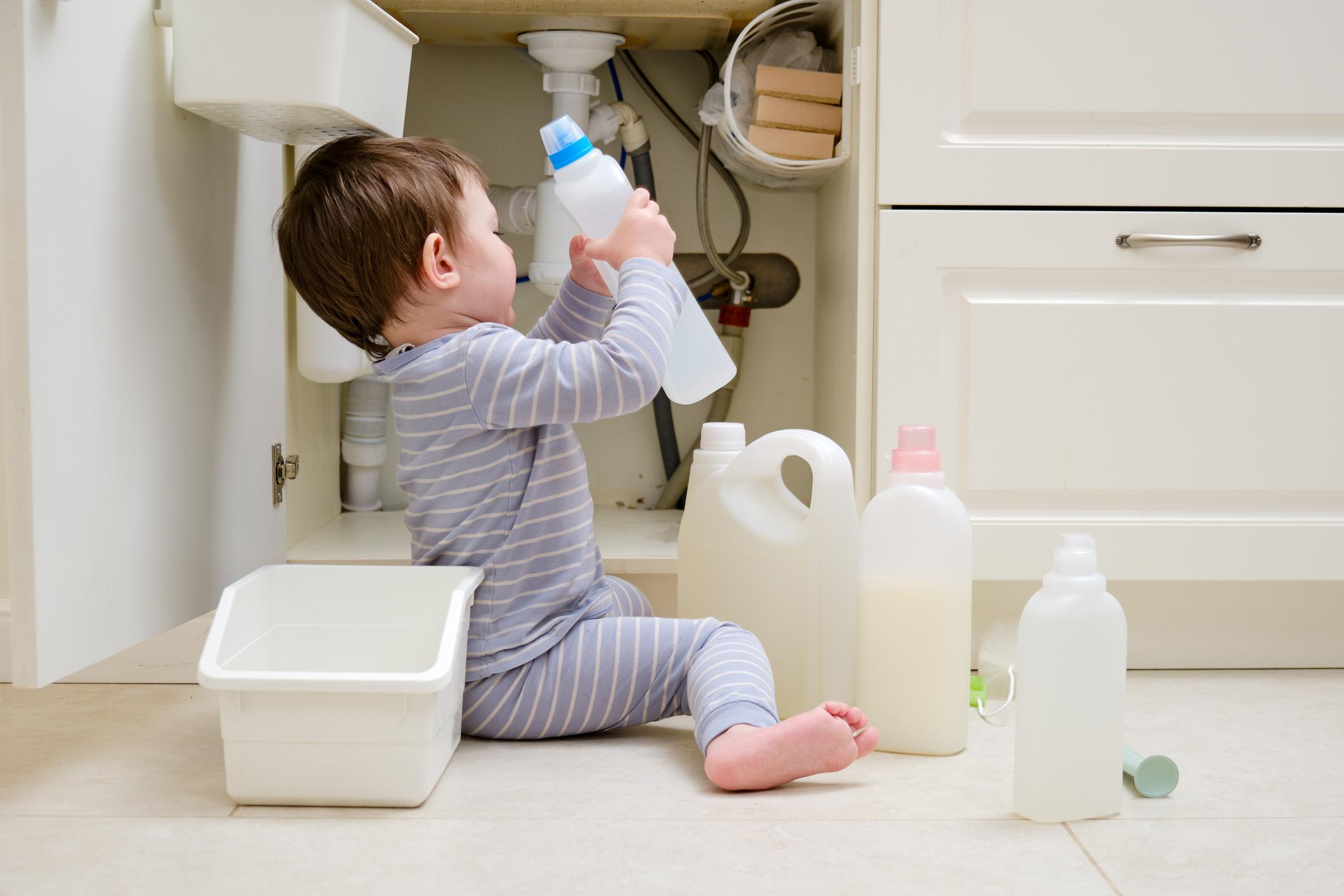Being exposed in utero to high levels of phthalates would lower IQ. This is what American researchers have succeeded in demonstrating in a study carried out on 328 women and their children.

Ladies, if you are currently pregnant, beware of household pollution. Because according to American studies, prenatal exposure (at the fetal stage) chemicals common household would be linked to a substantial drop in intelligence quotient (IQ) in children. These are phthalates, chemical plasticizers considered endocrine disruptors that are found everywhere: floor coverings, shower curtains, vinyl, certain lipsticks, hair spray, shampoos, nail polish). Dunpublished results published in the scientific journal PLoS ONE.
Two phthalates pointed at
To reach this conclusion, these researchers from theColumbia University in New York followed 328 women and their children from communities low income.
They evaluated the exhibition of women at four phthalates (DnBP, DiBP, di-2-ethylhexyl, diethyl phthalate) in the third trimester of pregnancy by measuring levels of metabolites from chemical products in their urine. Then lthe children of these women have passed dIQ tests at the age of 7.
Result, the children of mothers exposed during pregnancy to the biggest concentrations of DnBP and DiBP had an IQ of 6.6 To 7.6 points less, compared to children of mothers who had been exposed to weakerconcentrations of these chemicals.
Less efficient memory
The association was also observed for some aspects specifics of the intelligence quotient, like reasoning perceptual, working memory, and speed treatment. On the other hand, cthe same researchers did not find no association between the two other phthalates and a Lower IQ in these children.
” Pregnant women across states-United are exposed with phthalatesalmost every day. In addition to similar levels to those who have been associated withsubstantial reductions of IQ at the’child “, explains the main author of the study Pr Pam–Litvak, from Columbia University Medical Center. ” The magnitude of these IQ differences is disturbing », Adds Prof Robin Whyatt, who also took part in the work.
” A decrease of 6 or 7 IQ points can have consequences important foracademic achievement and the potential at work “, he says.
Faced with these disturbing results, researchers recommend than pregnant women take steps to limit their exposure to phthalates, for example in not not cooking food in plastics, or in avoiding products scented as much as possible (including deodorants).
As a reminder, since 2009 in the United States, several phthalates have been banned in toys and childcare items – the same rule was adopted in France in 2011. But no particular warning has been taken to inform pregnant women. Phthalates are rarely on the list of ingredients in products.
.

















